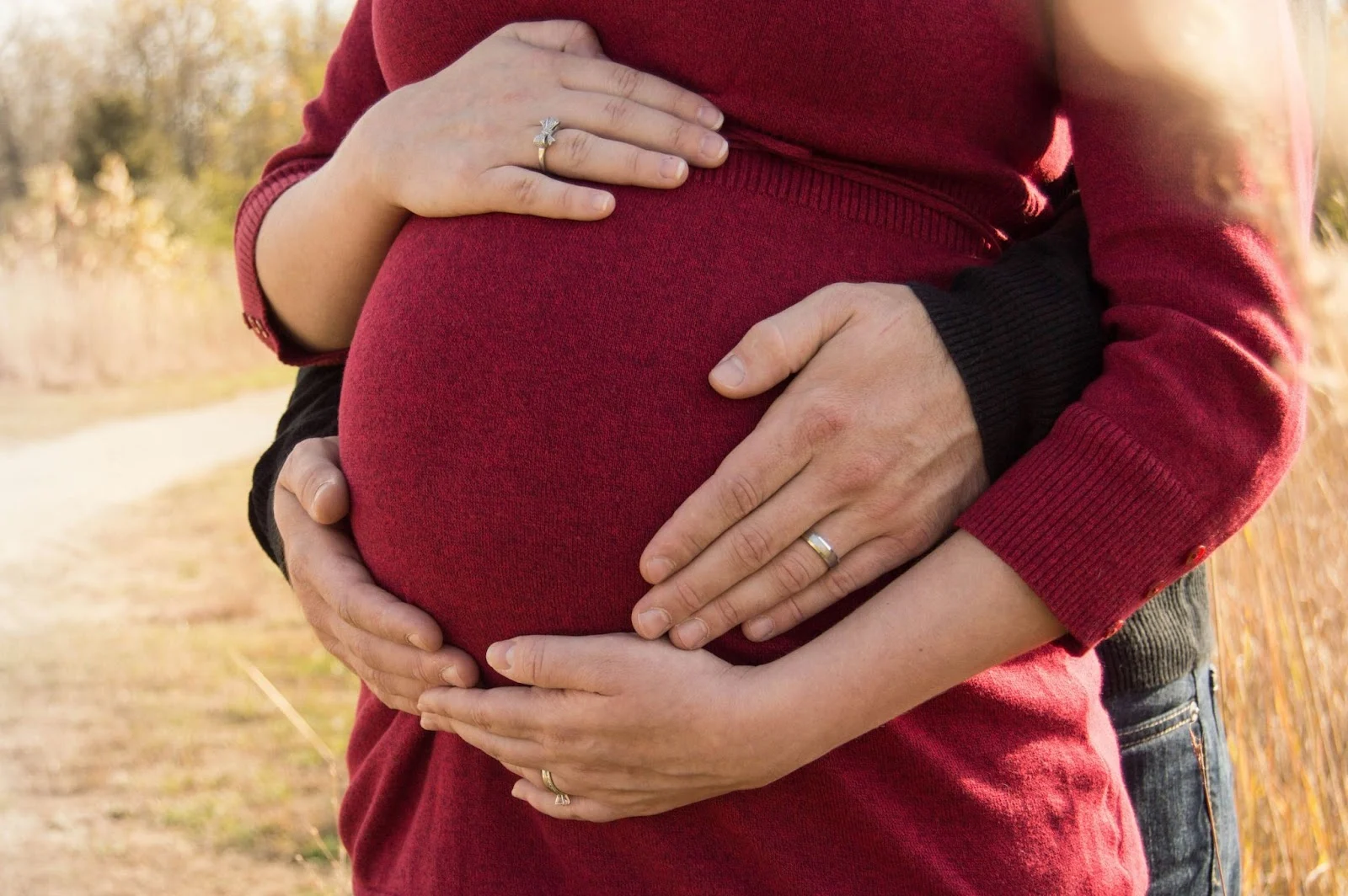Pregnancy is a significant milestone in a person’s life; for many, it’s a journey that takes shape in their mid-30s or later. While advancements in healthcare have made it increasingly common for individuals to conceive and carry pregnancies later in life, there are several factors to consider when embarking on this journey. This article will explore four critical considerations for individuals contemplating pregnancy past their mid-30s.

Fertility Challenges
A primary consideration for individuals seeking pregnancy in their mid-30s and beyond is fertility. Fertility naturally declines with age, particularly for individuals assigned female at birth, as the quantity and quality of eggs decrease over time. While conception is still possible, a decline in fertility levels by age may be apparent, and it may take longer and require more intervention than younger individuals. It’s essential to consult with a reproductive endocrinologist or fertility specialist to assess fertility potential and explore options like assisted reproductive technologies (ART), including in vitro fertilization (IVF), egg freezing, and donor egg or sperm. These interventions can help overcome age-related fertility challenges and increase the likelihood of successful conception.
Pregnancy Risks
Advanced maternal age is coupled with an increased risk of pregnancy complications as well as adverse outcomes for both the birthing person and the baby. Individuals aged 35 and older are at higher risk for conditions like gestational diabetes, preeclampsia, placental abnormalities, and chromosomal abnormalities such as Down syndrome.
It’s crucial for individuals considering pregnancy in their mid-30s and beyond to be aware of these risks and take proactive steps to mitigate them. This may involve maintaining a healthy lifestyle, including regular exercise, balanced nutrition, prenatal vitamins, and most importantly, avoiding harmful substances such as tobacco, alcohol, and illicit drugs. Additionally, early and regular prenatal care is essential for monitoring pregnancy progress, identifying potential complications, and implementing appropriate interventions to optimize outcomes.
Genetic Counseling and Testing
Advanced maternal age also levels up the risk of chromosomal abnormalities and genetic disorders in offspring. Genetic counseling and testing usually help individuals assess their risk of having a child with a genetic condition and make informed decisions about family planning and pregnancy management. Genetic counseling involves thoroughly evaluating family medical history, individual risk factors, and screenings such as non-invasive prenatal testing (NIPT) or amniocentesis. These tests can detect chromosomal abnormalities and genetic disorders early in pregnancy, allowing individuals to make informed choices about pregnancy continuation, medical interventions, or pregnancy termination if desired.
Emotional and Social Support
Pregnancy, particularly at an older age, can evoke a range of emotions and concerns for individuals and their partners. It’s essential to seek emotional and social support throughout the journey, whether from friends, family, support groups, or mental health professionals. Counseling or therapy can help individuals navigate feelings of anxiety, stress, or uncertainty surrounding pregnancy, parenting, and family planning decisions. Additionally, connecting with other individuals who have experienced or are currently navigating pregnancy past their mid-30s can provide valuable insights, encouragement, and solidarity. Online forums, social media groups, and community organizations focused on fertility, pregnancy, and parenthood can be valuable sources of support and information.

Pregnancy past one’s mid-30s presents unique challenges and considerations, from fertility struggles and pregnancy risks to genetic concerns and emotional well-being. By addressing these considerations proactively and seeking appropriate support and resources, individuals can navigate the pregnancy journey with greater confidence, resilience, and informed decision-making. Ultimately, the decision to pursue pregnancy later in life is deeply personal and should be made in consultation with healthcare professionals, partners, and trusted support networks, ensuring the best possible outcomes for individuals and their families.

Jessi is the creative mind behind The Coffee Mom, a popular blog that combines parenting advice, travel tips, and a love for all things Disney. As a trusted Disney influencer and passionate storyteller, Jessi’s authentic insights and relatable content resonate with readers worldwide.
